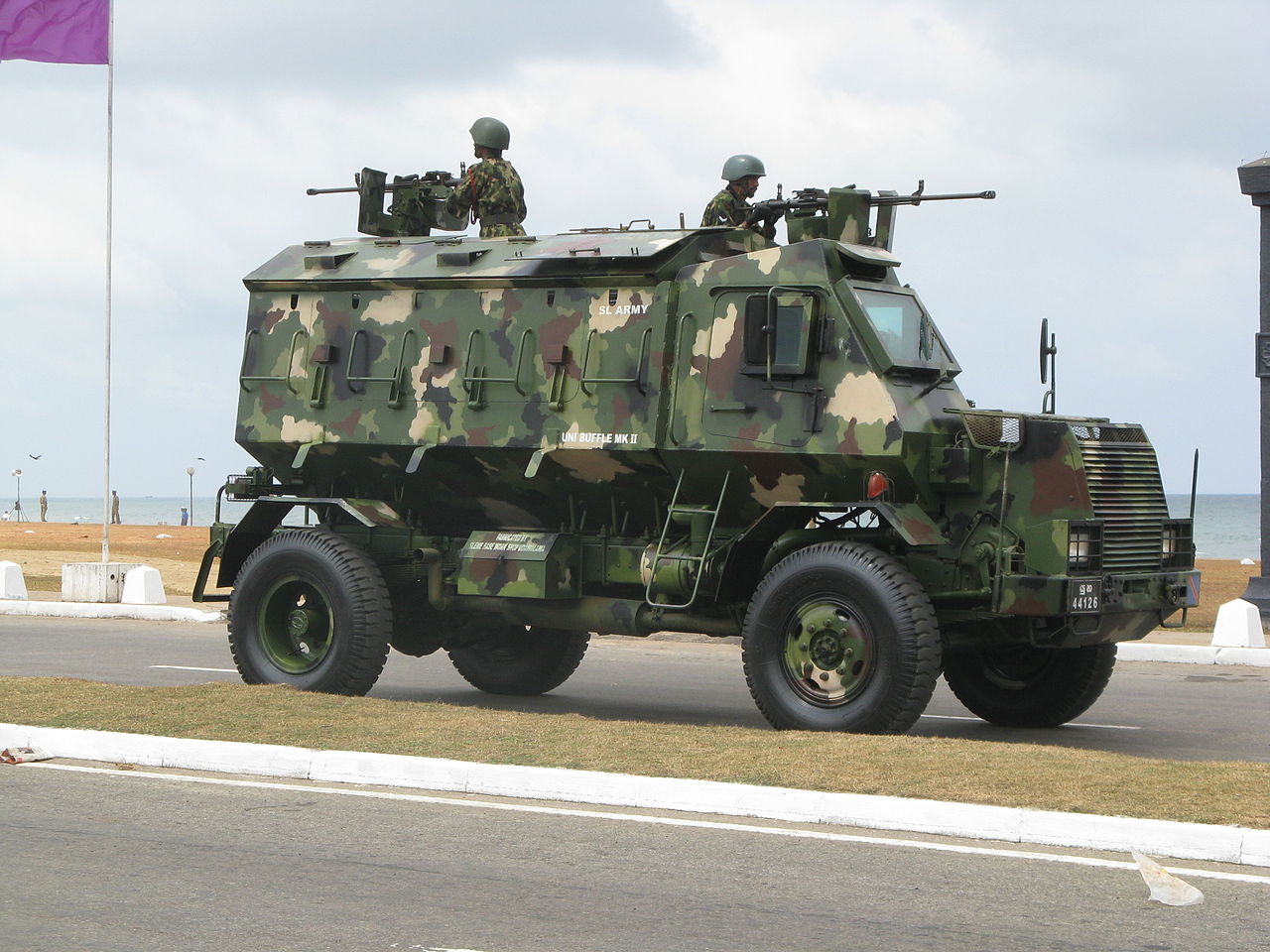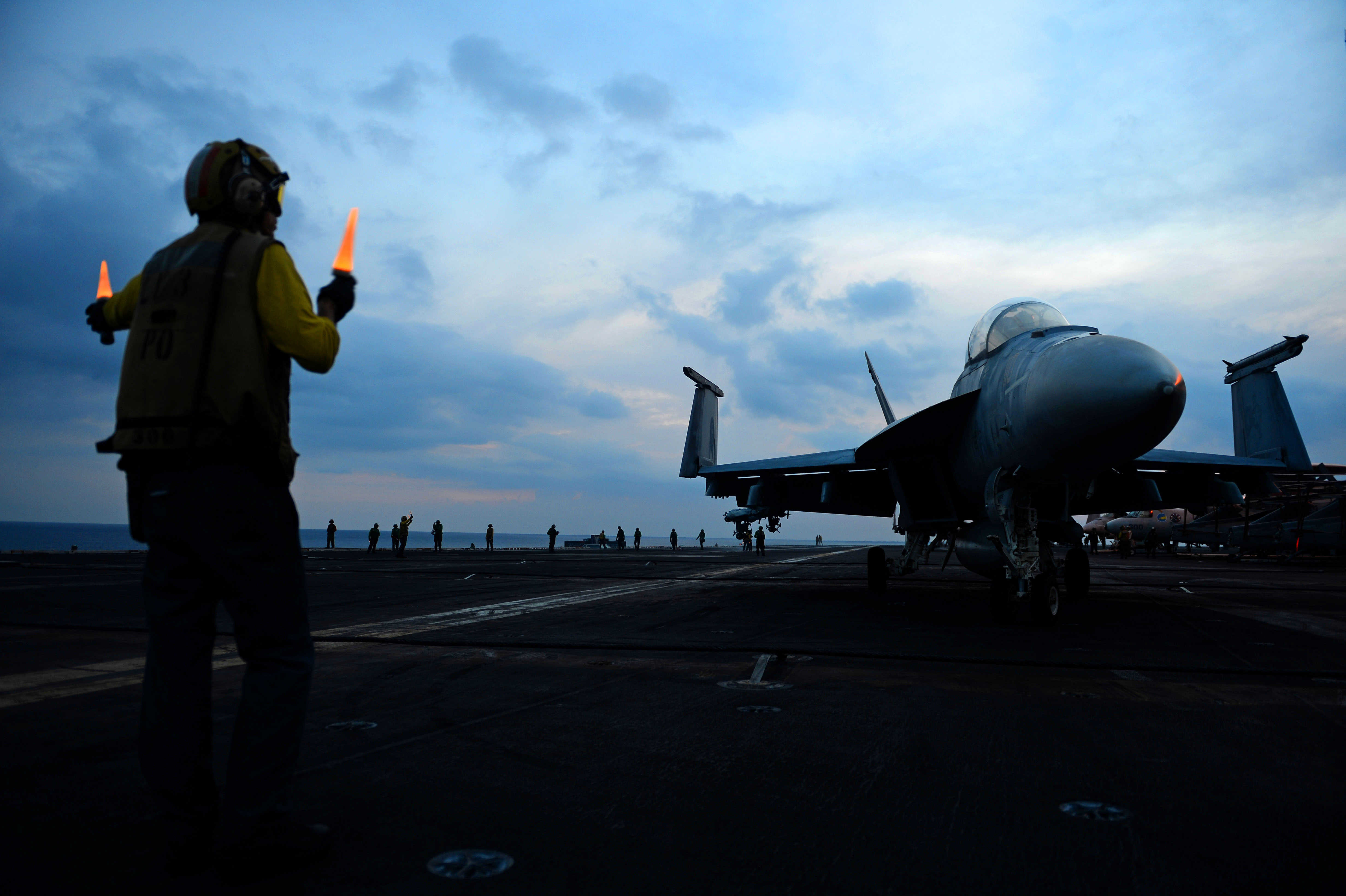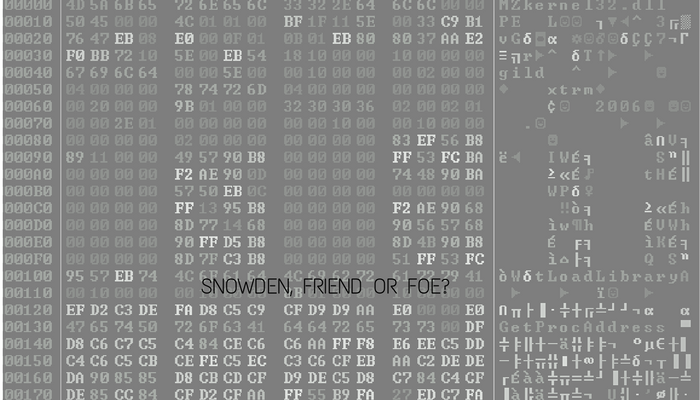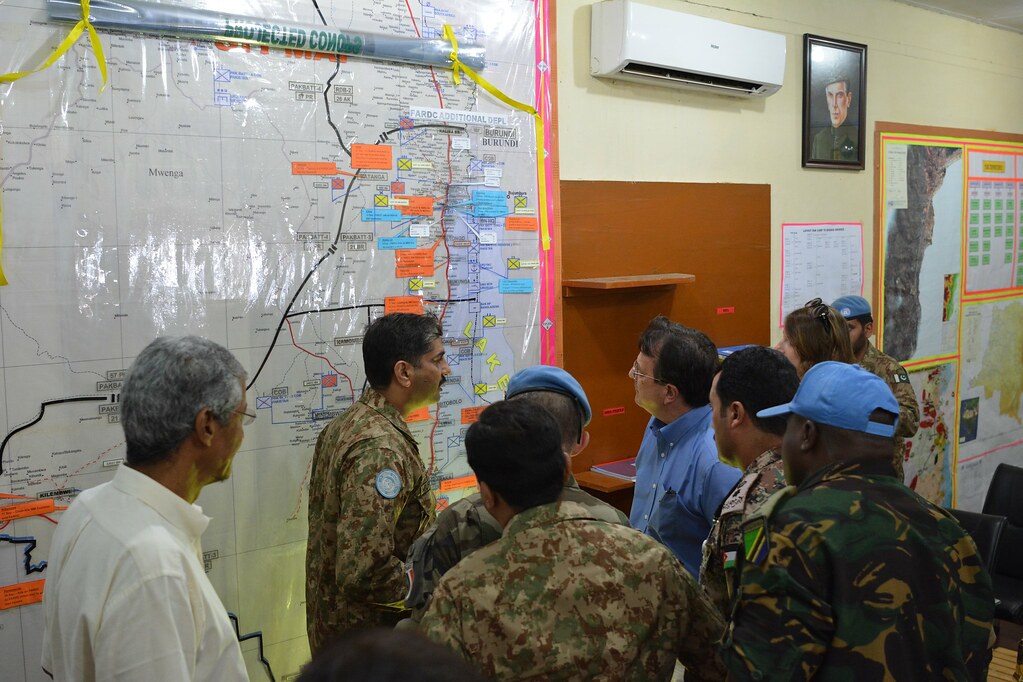Six years have passed since the cessation of hostilities between the Tamil Tigers and the Sri Lankan government, yet justice still remains distant. After the prolonged civil war ended in 2009, many civilians have looked to the United Nations and International Criminal Court (ICC) to penalize actors on both sides of the conflict for human rights abuses and war crimes. Despite an unsuccessful probe launched by the UN in 2014, the newly elected president, Maithripala Sirisena, has proved more cooperative than his predecessor. Nevertheless, President Sirisena appealed to the UN in early February to delay the long-awaited report into atrocities committed during Sri Lanka’s civil war, to which the UN agreed on February 16th. However, even with a more hospitable Sri Lankan leader, justice for victims of abuse will not materialize any time soon.
After independence from British rule at the midpoint of the 20th century, a visible friction grew between the Sinhalese majority and Tamil minority. Feeling underrepresented and discriminated against, the Liberation Tigers of Tamil Eelam (LTTE) gained momentum during the 1970s, and eventually inaugurated a civil war in 1983 after killing 13 Sri Lankan soldiers. Though the death toll between 1983 and 2008 remained modest for such a protracted war (an estimated 70,000 deaths), the Sri Lankan government launched an effective offensive in 2009. Taking an additional 20,000-70,000 lives in 2009 (depending on source), many domestic and international publics began to demand justice and retribution.
While handing down punishments to LTTE members seems to generate interest among domestic political actors, a UN report issued in 2011 implicates many government officials. While the report noted that the Tamil Tigers used civilians as human shields and engaged in the recruitment of child soldiers, the government was accused of using heavy weaponry and was apparently not troubled by the presence of civilians and aid workers during its offensive. Further, a panel of experts appointed by the UN Secretary General found that the Sri Lankan army shelled, raped and executed civilians indiscriminately.
Naturally, the UN’s Human Rights Commission voted to investigate the alleged atrocities committed by both parties during the final phase of fighting. However, former President, Mahinda Rajapaksa, refused to grant visas to the UN investigators, insisting that only Sri Lankans could conduct such an inquiry. Up until his defeat in January 2015, Rajapaksa successfully blocked an international probe, and mobilized support by claiming that Western countries weren’t interested in justice, but instead pursuing a “hidden agenda.”
Nevertheless, President Sirisena’s cooperation hitherto appears to have persuaded the UN to delay the report until September. The appeal made by Sirisena was grounded on the basis that the new government needed time to prepare a credible domestic investigation and allow for a more comprehensive report, something the previous government refused to do. Be that as it may, resistance to an ICC-led trial seems to negate the likelihood of justice.
Though more than half of the world’s sovereign states ratified the Rome Statute and embraced the ICC by 2007, Sri Lanka has yet to join the independent international institution, and for seemingly obvious reasons. The Rome Treaty creating the Court does not allow states to decide which cases are referred to the Court and which are not. Further, the ICC does now allow governments to refer cases to the Court involving insurgents and rebel groups without running the risk that the ICC will also prosecute high-level figures. Thus, given the information publicized by the UN that implicates government officials, the Sri Lankan government is staunchly against international adjudication. Further, the government-appointed Lessons Learnt and Reconciliation Commission, dedicated to investigating the events that took place in 2009, cleared the military of any allegations concerning human rights abuses. This would necessarily be void in an ICC trial, as the Court does not recognize immunity accorded to government and military officials under international law.
Even under a new and seemingly more cooperative President, the government’s hostility toward an international hearing is troubling. The ability to prosecute members of the LTTE and avoid prosecution themselves seems to be the motivating factor in rejecting international adjudication. However, under chapter VII of the UN Charter, the Security Council may refer a situation to the ICC, even in non-signatory states. Disappointingly, the Security Council has only referred two such situations to the ICC: in Sudan and Libya. This inaction has led groups such as Human Rights Watch to condemn permanent members of the Security Council for failing to act and being more concerned with “prosecuting their enemies and protecting their friends,” than impartially referring situations with evidence of serious international crimes and no prospect of domestic accountability.
Given the heinous acts committed by the government, it seems that ratifying the Rome Statute and surrendering to the ICC is out of the question. Thus, the prospect of justice for many abused Sri Lankans lies with an international body that has repeatedly left victims of abuse without recourse to justice.




